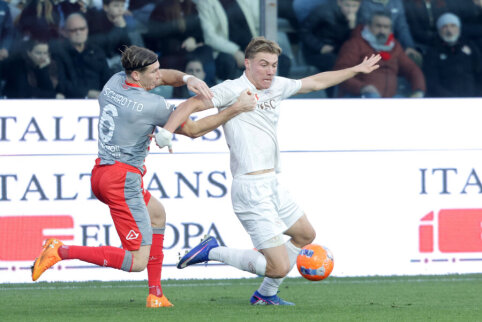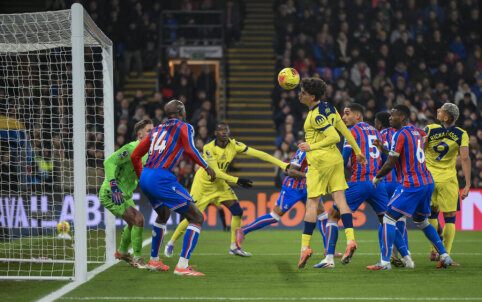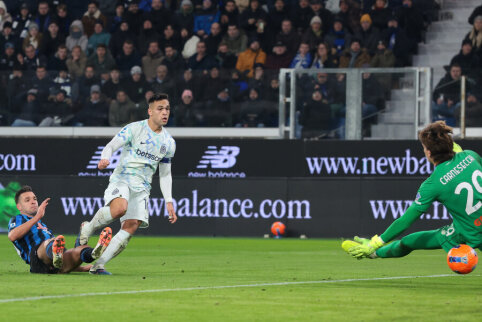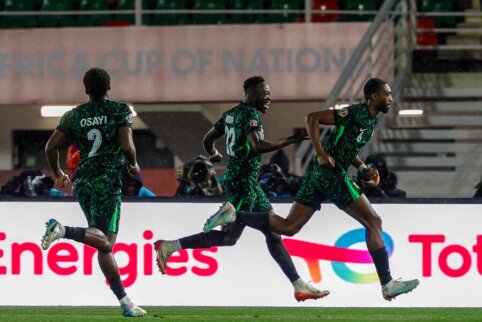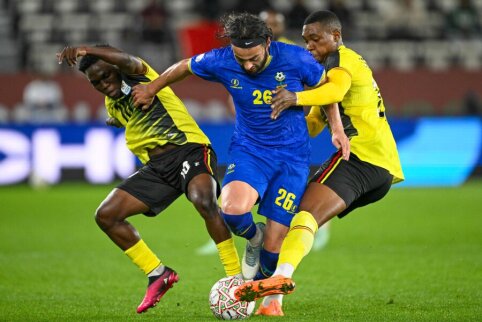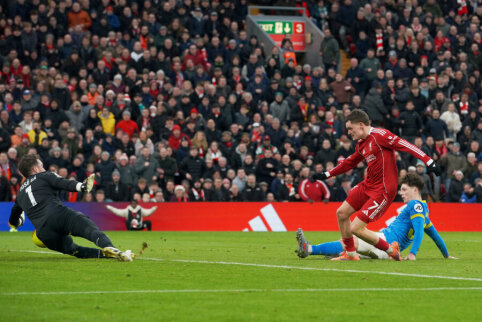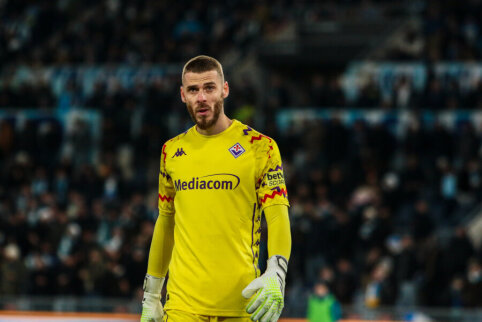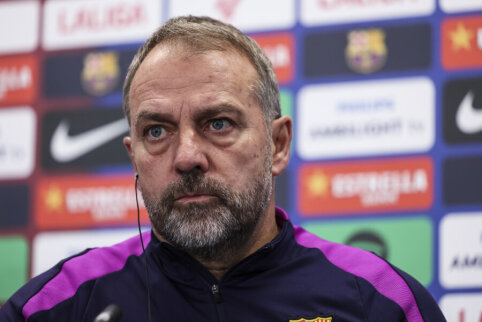 © EuroFootball.com
© EuroFootball.com
Danish team and its head coach Staale Solbakken probably proved to the entire world that impossible things do not exist, that there are no limits to human boundaries. In the past, a former football player, on March 13, 2001, probably marked as his second birthday. At that time, the player was... dead. He was a player for the Copenhagen club. During the morning training session, he experienced a strong heart attack. The team doctor, Frank Odgaard, recalls the incident: "Medically speaking, Staale was no longer alive. I called the ambulance and tried to give him a heart massage. After 7 or 8 minutes, the ambulance arrived, but Staale had no signs of life, nothing was working. His heart miraculously started functioning only in the ambulance." After that incident, Staale recovered very quickly. A pacemaker was implanted in his heart, so his career as a footballer was over. "It seems that I was born with a heart defect that no one noticed before that incident," explained Solbakken. In the spring of that year, asked by journalists if he planned to watch the match for the championship title between the capital team and Staale, born in Norway, retorted: "I doubt I will manage that - don't forget that my heart is very weak now." This year, the Copenhagen club is once again fighting for the championship title with the "Brondby" team. The last two matches between these teams ended in a tie. However, as the season draws to a close, the capital team leads the Brondbiu club by 6 points. Now Solbakken is the coach of this team. Formerly a creative team leader, he represented the Norwegian national team 58 times, participated in the 1998 World Championship and the 2000 European Championship. He returned to football in 2001/02. However, not as a player, but as a coach - he trained one of his first teams Hamar "Kameraterne" in his native country. He spent four years with the team. Then the club's president, Flemming Ostergaard, attracted the coach. However, arriving at his new old club, the Norwegian really faced difficulties. He replaced a true team legend Hans Backe. The coach who left the team in the middle of this season had won two championship titles in four years. There were many doubts whether Solbakken was capable of replacing Becke and whether he was suited for it. Many argued that the decision of the club president was based more on emotions than on logic. The old Solbakken shirts marked with the number 13 had been hanging in Ostergaard's office since that dramatic day, and they have maintained extremely close friendly relations since then. A Danish radio journalist Andreas Kraul, when Solbakken was appointed as the new coach, stated: "It's never a good idea to combine such a friendship with managing a modern and dynamically business corporation." Even more pressure arose when the new coach introduced a new style of play. He became much "straighter" than the one advocated by Becke, who was a supporter of passing. The main feature of Copenhagen's play became long passes. Players needed time to adapt to the new system, which affected the results. In the quarterfinals of the Danish Cup, the Copenhagen club was crushed by their eternal rivals "Brondby" with a score of 3:0, and then the coach admitted: "The results could have been better." Everything started to go better after the triumph in the Royal League, where the Copenhagen club defeated the Norwegian "Lillestrom" 1:0 on their field. Confidence grew, team stability increased. Now the team has practically secured the Danish championship title. And although skeptics are not completely silenced yet, it seems that Solbakken's bad times are already in the past. Then, as now, he will win again. He will survive once more...
